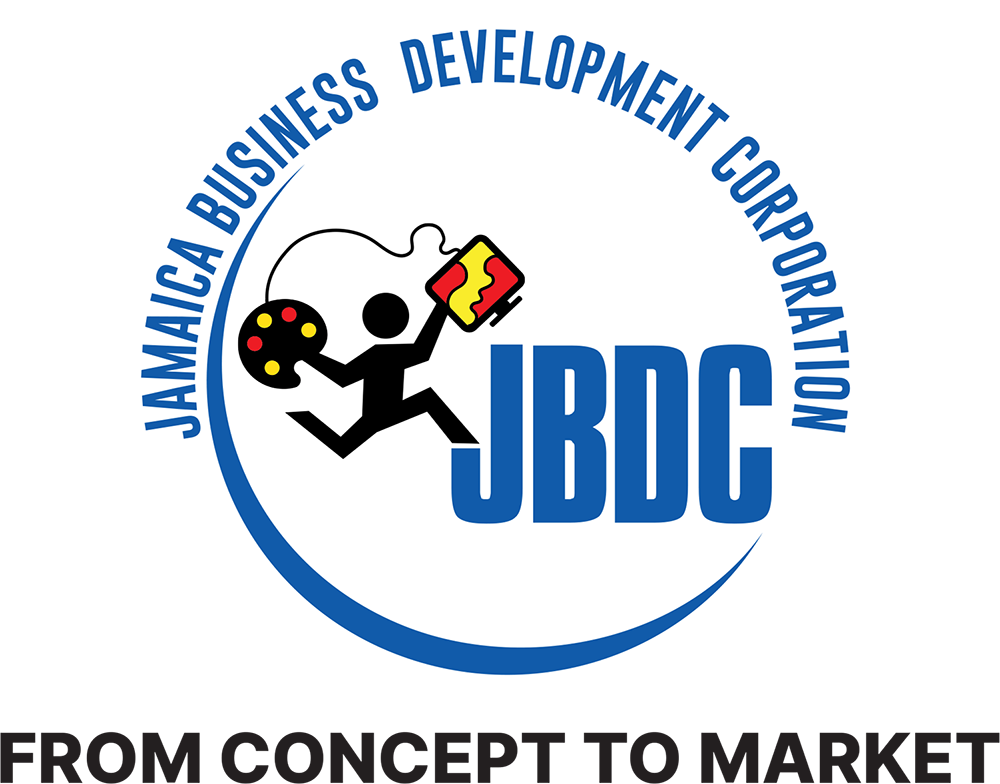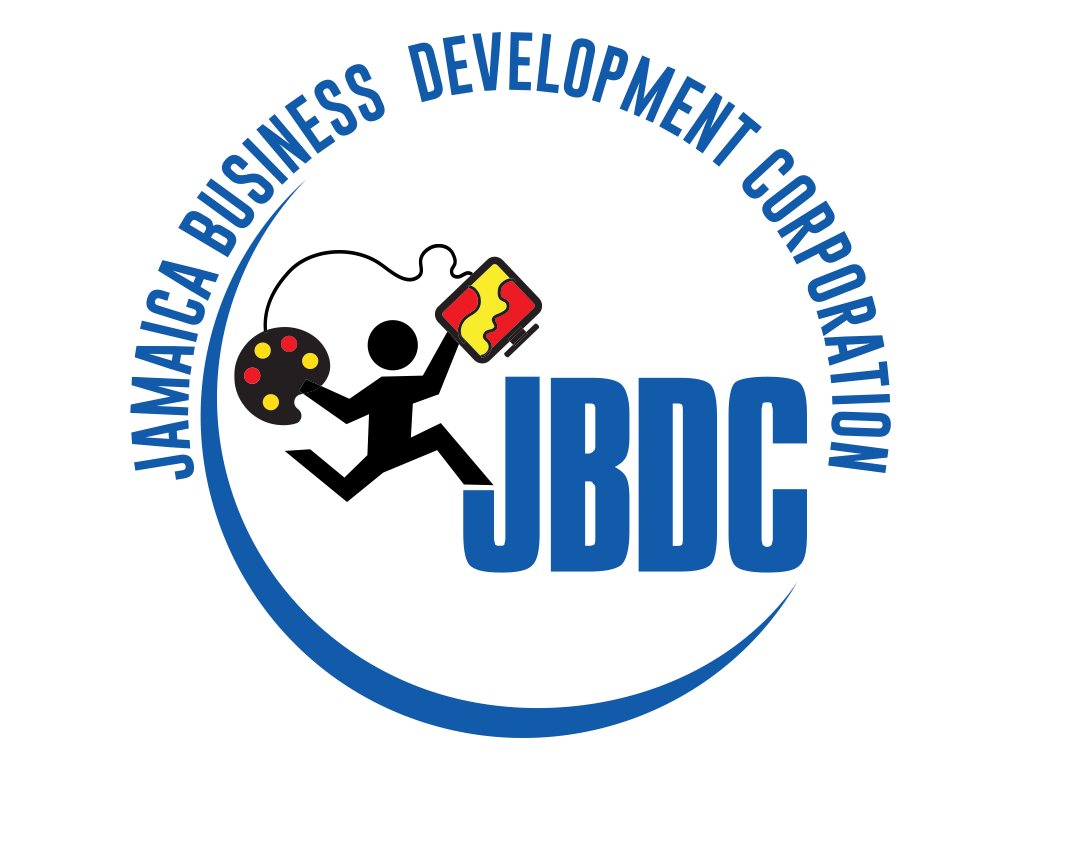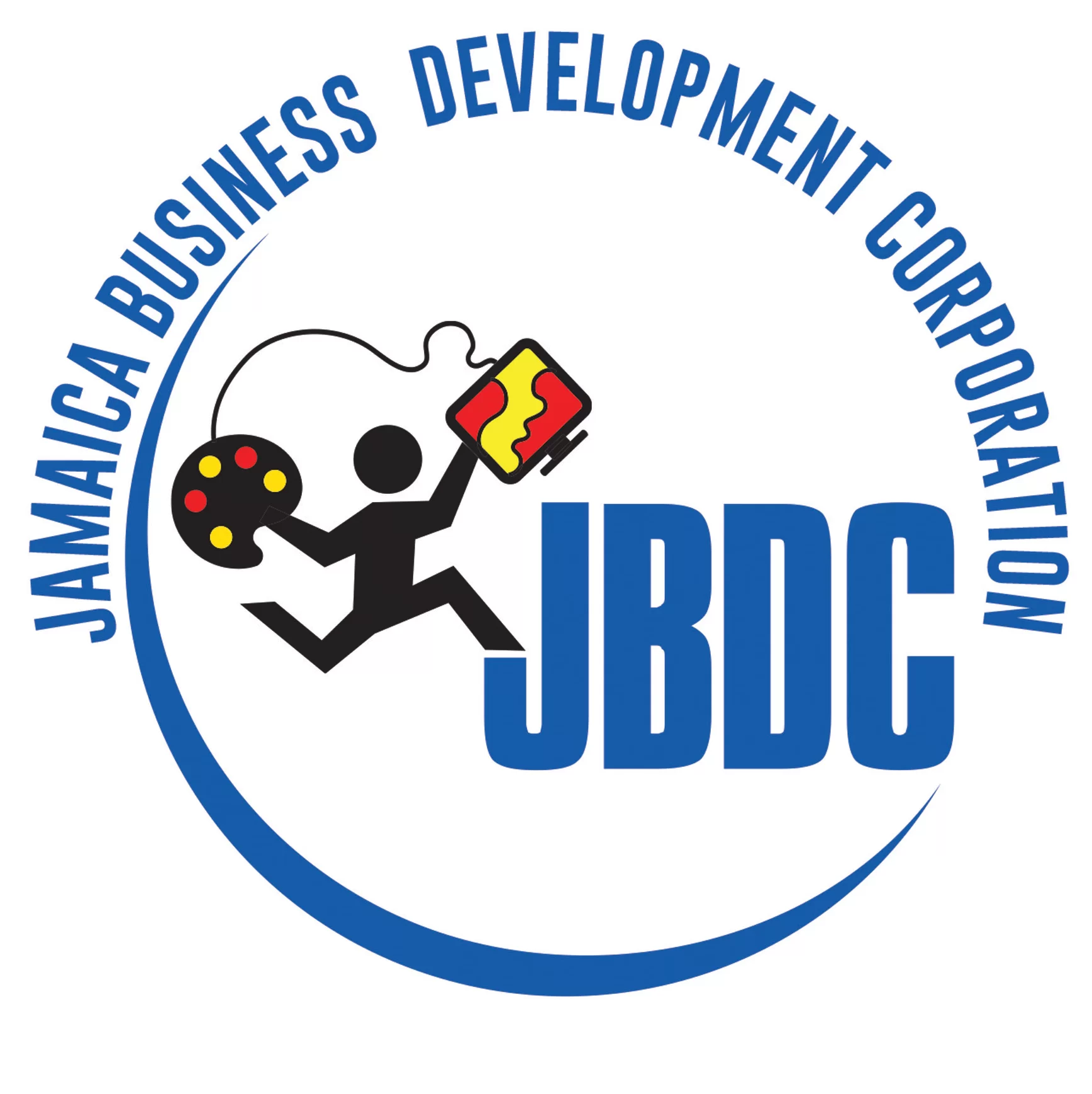By now, you should have noticed that Entrepreneur Weekly has been featuring businesses within the agricultural sector recently. Did you know that the agricultural sector forms an important part of the Jamaican economy, accounting for 7.3% of Gross Domestic Product (GDP) in 2018? “Agriculture is Big Business!” There are several programmes and resources out there for entrepreneurs to look into, as the government of Jamaica pours into this sector. We have mentioned agro-processing, but today we look at what it really is, why it is a sustainable and viable option in the Jamaican landscape, as well the opportunities for entrepreneurial investment.
What is agro-processing?
Agro-processing can simply be described as the method of transforming agricultural, forestry and fishery outputs into usable products. This skill area refers to the subset of manufacturing that processes raw materials and intermediate products derived from the agricultural sector that adds value to it. There is a myriad of examples of agro-processing products, which are food and non-food products. Some popular ones in Jamaica include: produce, beverages, fruit jams, liqueurs, sauces, confectionery, seasonings, spices, nutraceuticals, cosmetics and pharmaceuticals. Agro-processing is not a new concept but there is a push toward bolstering this part of the sector for increased export opportunities and value-chain development.

Why agro-processing?
Value-chain development within agriculture is essentially identifying the set of key players and activities that bring a basic agricultural product from production in the field to final consumption, where at each stage value is added to the product. Agro-processing itself is a means through which value is added to an agricultural product. In an article with the JIS news, former Minister of Agriculture and Fisheries, Honourable Floyd Green noted that, “It is important to move from just being primary producers to agro-processors to enhancing our value chain development, to ensure that we are taking Jamaica to the world, not just by way of our fresh produce but by some of the best agro-processed items you can find.”
Agro-processing also adds value to the sector by adding more jobs and opportunities. Former Prime Minister of Jamaica, The Most Honourable Bruce Golding said, “We need to do more with the items before we ship them away. We have to add value to the things that we do. We have to stop sending away our stuff in the raw shape, and start doing things with our stuff, so that we can add value, so that we can create more jobs, so that we can bring better returns to our farmers, who work hard in the hot sun to produce them.”
Agro-processing also helps with sustainability and reduces waste. In the event that farmers are unable to sell their fresh produce, agro-processing allows those produce to become value-added products that have a long shelf life. Honourable Audley Shaw, former Agriculture Minister, once said, “What you can’t sell fresh; you can process.”
JBDC and Jamaica’s agro-processing sector
Agro-processing is an exciting and active area of Micro, Small & Medium-sized Enterprise (MSME) activity, as the world is seeking Jamaican flavours and foods. JBDC can take your products ‘From Concept to Market’ through business development services and training which exposes you to regulatory processes, including process recording and management, so that your business is competitive and compliant. JBDC also works with MSMEs to ensure that they can become more competent in managing the business in terms of quality, and production processes necessary to meet consumer demand.

Additionally, the JBDC through joint efforts with the Caribbean Development Bank (CDB) and the European Union (EU) will be enhancing the agro-processing sector in a major way. The initiative is called the Increasing the Export Capacity of Micro and Small Agro-Processors Using the Cluster Approach Project. Jamaica’s agri-entrepreneurs will get access to a range of manufacturing, training and marketing support under the two-year project launched in 2021, which is being implemented by the JBDC. The aim of the initiative is to actively grow exports nationally in keeping with development targets for the sector. This will lead to economic growth and additional opportunities for MSMEs and greater economic empowerment for women. Gender is mainstreamed in this project and underpins the project components which seek to increase the economic prospects of women and girls in the sector and awareness of gender related concerns in all initiatives.
This project includes access to an upgraded food incubator, training in world class agriculture and manufacturing practices and branding and marketing support for the JBDC’s Jamaica Harvest brand which includes a line of gourmet foods such as dried fruit treats such as pineapple, papaya, coconut, mango and naseberry; pepper jelly; jams made from sorrel, guava and passion fruit; teas made from sorrel, rosemary, basil lemon grass and mint; and powdered spices made from rosemary, thyme, scotch bonnet pepper and escallion – all grown and processed by Jamaican entrepreneurs.
Agro-processing is big business and the value it adds to our local economy could not be exhausted in a format such as this. Entrepreneurs would do well to research and give time to seeking out what part of the agricultural value chain they can contribute to. Agro-processing provides a myriad of opportunities to those interested and can help to develop a sustainable future for Jamaica.
Contact: Corporate Communications Unit
Jamaica Business Development Corporation
Tel: 928-5161-5, exts 244, 274 or 277, SL: 930-8531
Fax: 938-2438
Email:
Website: www.jbdc.net








